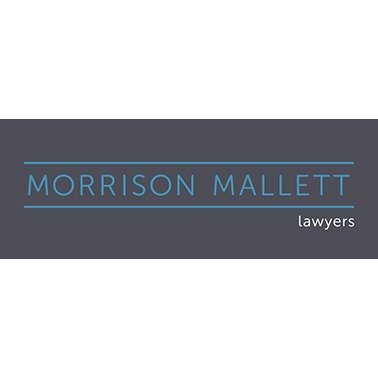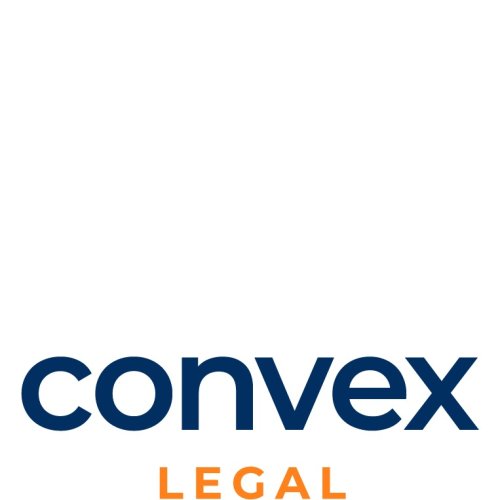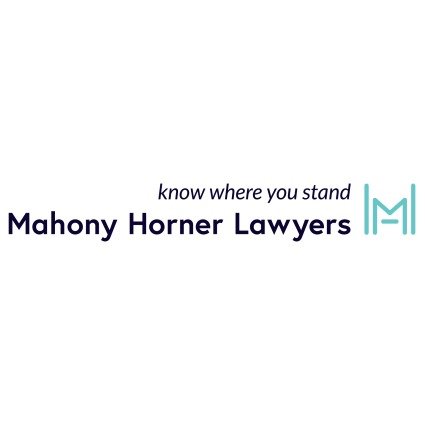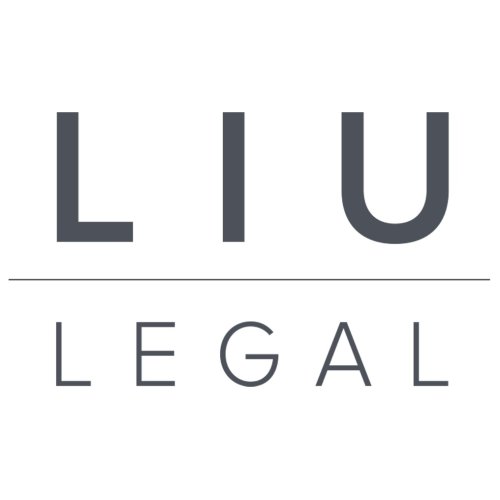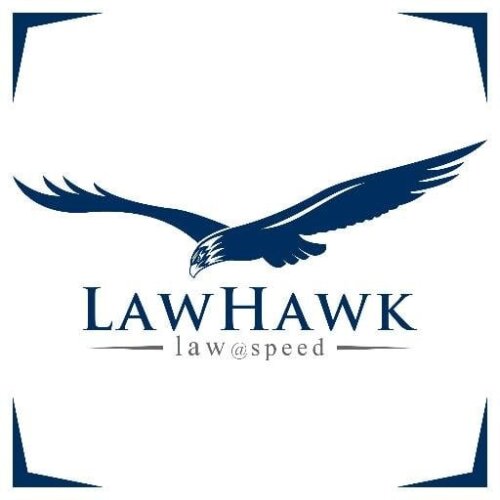Best Private Equity Lawyers in Wellington
Share your needs with us, get contacted by law firms.
Free. Takes 2 min.
List of the best lawyers in Wellington, New Zealand
About Private Equity Law in Wellington, New Zealand
Private equity refers to investment in privately held companies or assets, typically structured through pooled funds or direct investment by high net worth individuals, investment firms, or institutional investors. In Wellington, New Zealand, private equity plays a key role in providing growth capital for businesses, supporting innovation, and aiding in company turnarounds, mergers, and acquisitions. The city is a hub for financial and legal services, making it a favorable environment for private equity activities. Legal professionals in Wellington are well-versed in both domestic and international private equity transactions, helping clients navigate complex regulatory and commercial requirements.
Why You May Need a Lawyer
Private equity transactions involve considerable legal complexity, and seeking professional legal advice is essential for protecting your interests. Here are some common situations where you might need a lawyer in relation to private equity:
- Negotiating and structuring the purchase or sale of shares or assets in a private company
- Drafting and reviewing shareholder agreements, buy-sell agreements, and investment contracts
- Ensuring compliance with the Financial Markets Conduct Act and other relevant regulations
- Managing due diligence investigations and risk assessments
- Handling disputes between investors, company founders, or management teams
- Advising on tax implications of private equity deals in New Zealand
- Assisting with fundraising, capital calls, and exits
- Advising on cross-border investments and international regulatory requirements
Legal expertise helps ensure that transactions are compliant, secure, and structured to achieve your objectives with minimal risk.
Local Laws Overview
Private equity in Wellington is governed by both general company law and specific financial market regulations. Some key legal frameworks include:
- Companies Act 1993: Governs the incorporation, operation, and governance of companies in New Zealand. It contains provisions that affect shareholder rights, director duties, and company administration.
- Financial Markets Conduct Act 2013 (FMCA): Regulates investment offerings, disclosure requirements, and licensing for fund managers and advisers. The FMCA is crucial for private equity fundraising and funds management.
- Overseas Investment Act 2005: Applies to foreign investment in significant assets or sensitive land. Private equity deals involving overseas investors must comply with these requirements.
- Commerce Act 1986: Addresses competition issues, including merger control and anti-competitive conduct.
- Anti-Money Laundering and Countering Financing of Terrorism Act 2009: Imposes obligations on reporting entities, including customer due diligence and reporting of suspicious activities.
A skilled private equity lawyer in Wellington will ensure that transactions comply with these laws, minimising the risk of regulatory issues and legal disputes.
Frequently Asked Questions
What is private equity?
Private equity involves investing in privately held companies or assets, often to support growth, expand operations, or facilitate turnaround strategies. Investors may provide capital in exchange for ownership stakes.
Do private equity investments in Wellington need to be registered or approved?
Private equity investments do not generally require formal registration unless they involve regulated financial products or overseas investors. However, fund managers and advisers must be licensed under the Financial Markets Conduct Act when providing certain services.
Are there regulations about who can invest in private equity?
The Financial Markets Conduct Act imposes disclosure and eligibility requirements on certain types of investments, particularly for offers to the public. Offers to wholesale or experienced investors may have reduced disclosure requirements.
Does the Overseas Investment Office need to be involved in all private equity transactions?
No, the Overseas Investment Office must only approve investments that involve significant business assets or sensitive land by overseas persons, as defined under the Overseas Investment Act.
How does due diligence work in private equity deals?
Due diligence is a process where the investor conducts a thorough review of the target company's financials, legal compliance, assets, liabilities, and operations. It helps assess risks and verify that information is accurate before committing to invest.
What are typical fees for private equity legal services in Wellington?
Fees can vary depending on the complexity and value of the transaction. They may be charged hourly or as a fixed fee for specific services. Your lawyer should provide clarity about fee structures at the outset.
What is a shareholder agreement and why is it important?
A shareholder agreement is a contract between company owners setting out their rights, obligations, and the rules for running the business. It helps manage disputes, governance, and exit strategies, providing clarity and security for investors.
How are disputes in private equity transactions resolved?
Disputes can be resolved through negotiation, mediation, arbitration, or litigation. The chosen method often depends on what's specified in your contracts or shareholder agreements.
Are there tax implications for private equity investments in New Zealand?
Yes, there can be significant tax considerations. These include capital gains tax (in limited scenarios), GST, and income tax on returns. A lawyer can work alongside a tax advisor to ensure compliance and tax efficiency.
How do I find a qualified private equity lawyer in Wellington?
You can seek referrals from the New Zealand Law Society, review law firm directories, or consult with legal professionals who specialise in corporate, commercial, or financial law.
Additional Resources
For those looking to learn more about private equity or seek guidance on legal matters, the following resources can be helpful:
- New Zealand Law Society - Provides directories of accredited lawyers in Wellington and resources for the public
- Financial Markets Authority (FMA) - Offers regulatory information and guidance on financial services and investments
- Overseas Investment Office (OIO) - Regulates overseas investment in significant business assets and sensitive land
- Inland Revenue (IRD) - Offers information on tax obligations for investments
- Business.govt.nz - Government portal with tools and advice for investors and business owners
- Local chambers of commerce and industry associations - Networking and education resources for investors and business professionals
Next Steps
If you need legal assistance with a private equity matter in Wellington, consider the following steps:
- Define your requirements - Clearly identify the nature of your investment or legal question.
- Research qualified lawyers - Look for legal professionals who specialise in private equity, corporate, or financial law and have experience in New Zealand's legal landscape.
- Arrange consultations - Schedule initial meetings with shortlisted lawyers to discuss your needs, ask about their experience, and clarify fees.
- Prepare documentation - Gather any relevant business records, contracts, or correspondence to facilitate a productive consultation.
- Discuss the scope of work - Work with your lawyer to outline the required legal services and agree on a timeline and fee arrangement.
- Stay informed - Continue to educate yourself on relevant laws and best practices to make confident and informed decisions throughout your private equity transaction.
By following these steps, you can help ensure that your interests are protected and that your private equity activities in Wellington are successful and compliant with the law.
Lawzana helps you find the best lawyers and law firms in Wellington through a curated and pre-screened list of qualified legal professionals. Our platform offers rankings and detailed profiles of attorneys and law firms, allowing you to compare based on practice areas, including Private Equity, experience, and client feedback.
Each profile includes a description of the firm's areas of practice, client reviews, team members and partners, year of establishment, spoken languages, office locations, contact information, social media presence, and any published articles or resources. Most firms on our platform speak English and are experienced in both local and international legal matters.
Get a quote from top-rated law firms in Wellington, New Zealand — quickly, securely, and without unnecessary hassle.
Disclaimer:
The information provided on this page is for general informational purposes only and does not constitute legal advice. While we strive to ensure the accuracy and relevance of the content, legal information may change over time, and interpretations of the law can vary. You should always consult with a qualified legal professional for advice specific to your situation.
We disclaim all liability for actions taken or not taken based on the content of this page. If you believe any information is incorrect or outdated, please contact us, and we will review and update it where appropriate.




